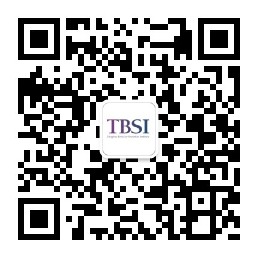The Third Annual Workshop of the Tsinghua-Berkeley Shenzhen Institute was held from January 23-24 in Berkeley, California. With topics ranging from bioengineering to the end of Moore’s Law, academics and industry veterans gathered at the Sutardja Dai Hall to discuss the future of technology and innovation.
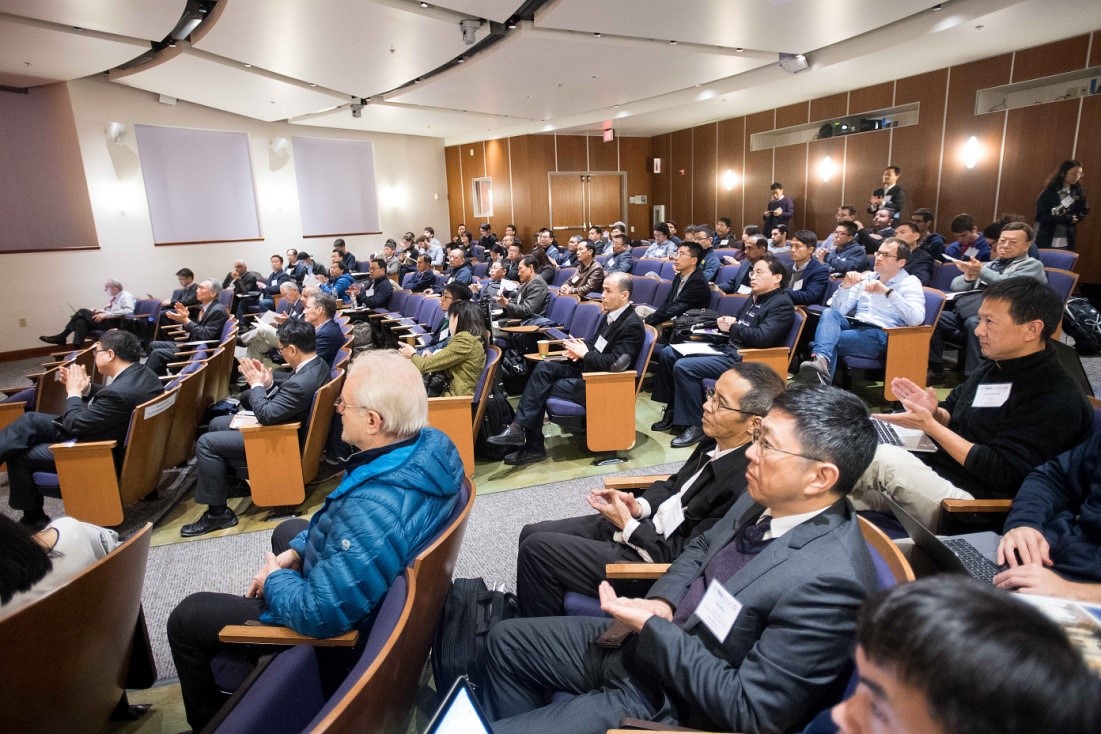
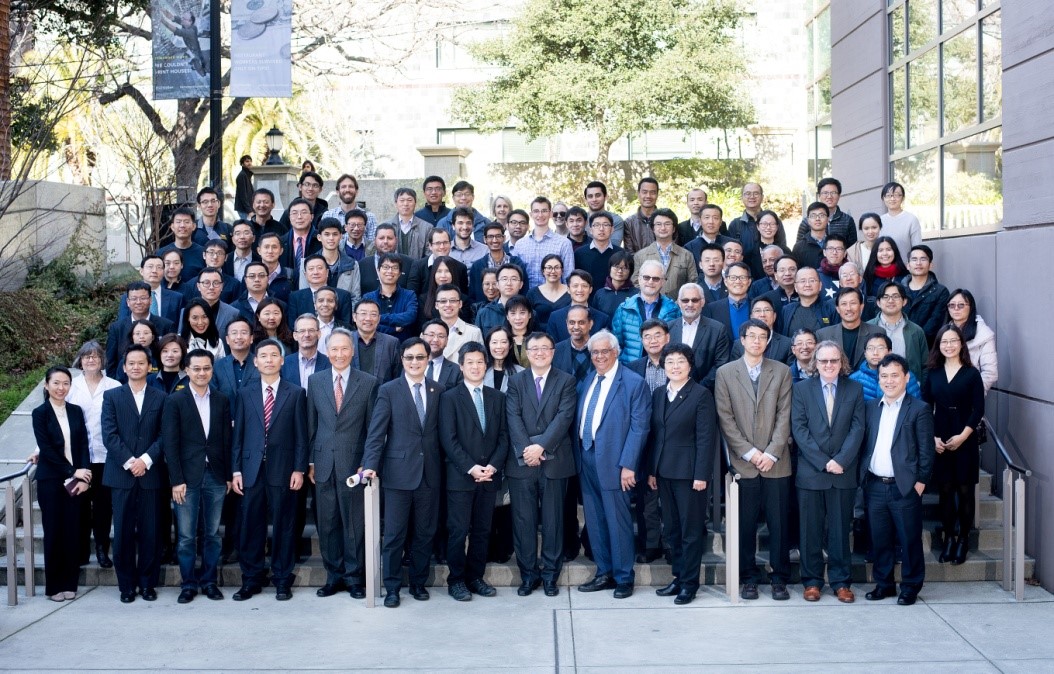
The event, co-organized by the University of California, Berkeley and Tsinghua-Berkeley Shenzhen Institute, has attracted over 100 enthusiastic elites from all walks of life in the San Francisco Bay Area. Carol Christ, President of Berkeley University of California, Yang Bin, Vice President and Dean of Tsinghua University, and Zhu Xuehua, Technical Counselor of the Chinese Consulate General in San Francisco, attended the opening ceremony.
Yang Bin, vice chancellor and dean of Tsinghua University, said in his speech that the exchanges between Tsinghua University and Berkeley have a long history and are mutually strategic partners. In recent years, the two universities have taken advantage of their respective strengths to jointly create TBSI. As an important project for the internationalization of Tsinghua University in the new century, TBSI plays an important role in promoting the cooperation between teachers and students and deepening the educational and cultural exchanges between China and the United States. Yang Bin said that TBSI has inherited the spirit and culture of two well-known public universities in China and the United States and is the best practice carrier for bilateral exchanges and cooperation. Over the past few years, TBSI has achieved very good research results. The enrollment rate of students is high, the number of newly recruited researchers is high, and the successful practice has proved the success of this new model. “TBSI leverages the financial, innovation and human resources advantages of the Guangdong-Hong Kong-Macau and San Francisco Bay Areas, driving the creation of prosperity and welfare for all people,” said Tsinghua Vice-President Yang Bin.
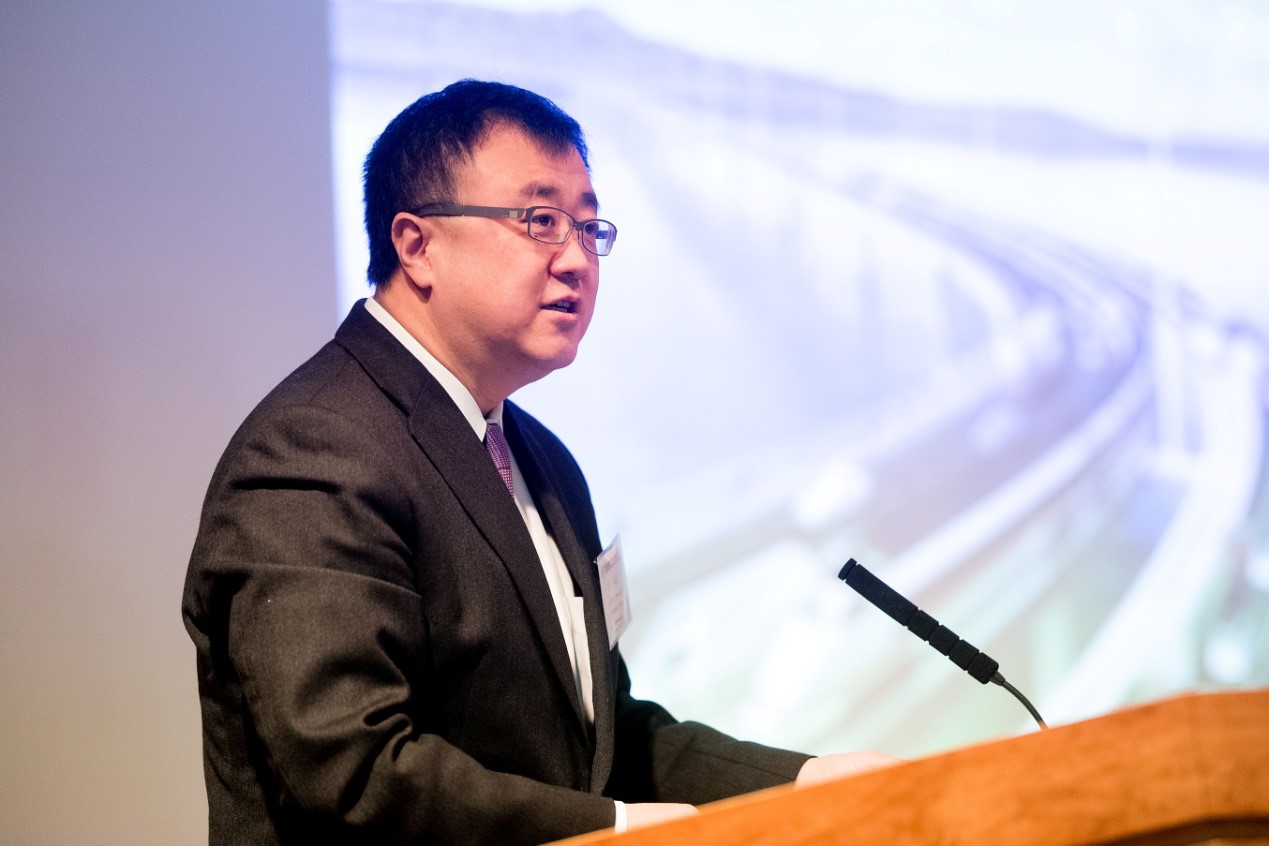
Carol Christ, President of Berkeley University of California said that Tsinghua University is one of China's top engineering universities and honored that UC Berkeley's first cooperation project in China is to work with Tsinghua University. She reviewed the important achievements made by the two universities in various fields such as academic exchanges, joint research and cooperation in running schools. She said: "Since signing the agreement in 2015, we are very excited to see all the cooperation projects being actively promoted and improved, which is the accumulation of long-term strategic cooperative partnership between the two universities. "She said that University of California, Berkeley, attaches great importance to educational cooperation with China and takes TBSI as a strategic opportunity to jointly promote the development of higher education and technological strength between the two countries. "TBSI is an important bridge connecting the San Francisco Bay Area with Guangdong, Hong Kong, Macau, Tai Wan and the cooperation between Tsinghua and Berkeley will further boost the common development in the two bays."
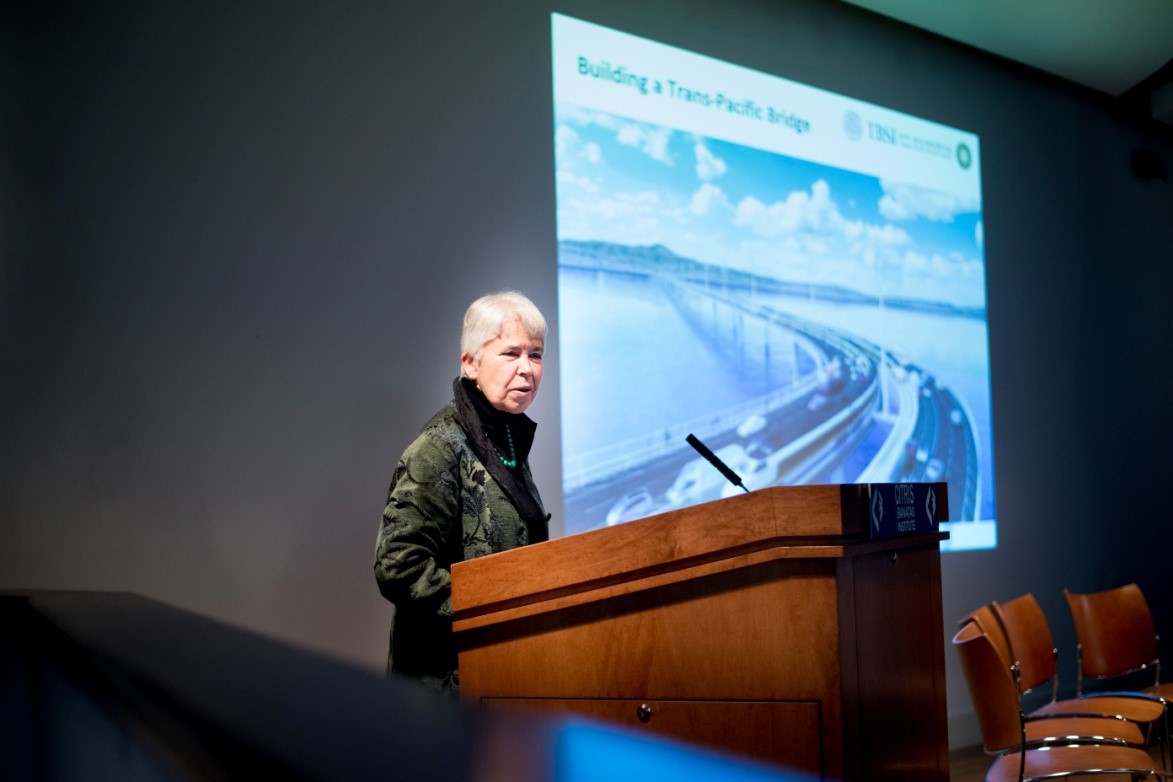
The workshop combines emerging frontier research topics such as artificial intelligence, Internet of Things and big data, biomedicine, and new energy materials, bringing together the most outstanding leaders from academia, science and technology, business and other fields in China and the United States , Forming a cross-disciplinary and intercultural spike impact. The summit has created a good interactive relationship of production, study, research and funding, and established a platform for mutual exchange and exchange between science and technology, industry and academia in China and the United States to draw wisdom and wisdom and contribute to wisdom.
The summit is divided into thematic discussions, guest keynote speeches and exhibitions of scientific research achievements. The aim of the summit is to bring together the most intelligent brains of the Bay Area of San Francisco Bay Area with Guangdong, Hong Kong, and Macau to jointly discuss the latest trends in disciplinary development and industrial integration, sort out the industrial ecological context and promote The exchange and cooperation in production, study and research will help the two sides develop together.
Professor Zhang Lin, co-director of TBSI, said: "After three years of development, TBSI currently has 193 students, including 104 doctoral students and 89 master's degree students. In 2017, TBSI enroll students from Tsinghua University, Stanford University, Berkeley University of California, Columbia University, etc. The world's top university graduates apply for a doctorate from TBSI, and the '' back flow '' of this talent heralds domestic research and a huge space for growth will make the world's talent increasingly attractive. "At the same time, TBSI actively trained and delivered higher education personnel in countries along the "Belt and Road" and led the innovation capability of the Bay Area in Guangdong, Hong Kong, Macau and Hong Kong. "TBSI has obtained over 20 patents worldwide, including 1 PCT patent, by 2017. More than 70 papers have been published in high-end publications such as Nanoenergy, Optical Express, Energy and Environmental Science, etc. Students have been awarded the IEEE PES Best Paper Prize, ACM IPSN Best Poster Award, etc. "TBSI is recruiting more internationally renowned experts to join the teaching team. He introduced that in the next five years, the school will devote itself to practicing the TED teaching mode, namely Technology, Enterprise and Design.
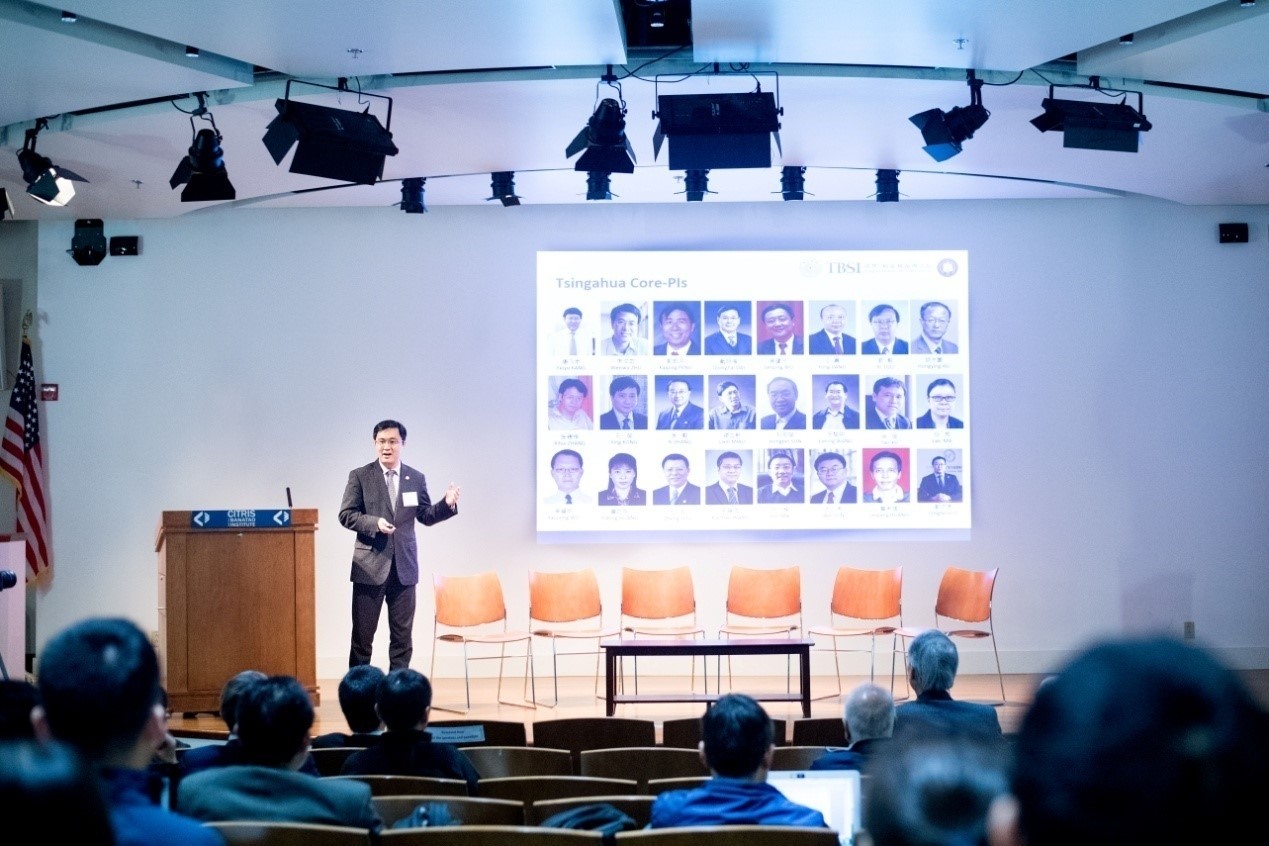
On the day of the event, Chen Ming Hu ,the famous microelectronics scientist, inventor of FinFET technology, academician of the American Academy of Engineering, foreign academician of the Chinese Academy of Sciences, founder of Taiwan Semiconductor Manufacturing Company, US National Medal of Medal awarded by the President of the United States in 2016, led the audience to explore the trend of Moore's Law and the latest major industry breakthrough. Professor Shankar Sastry, Dean of the School of Engineering at the University of California, Berkeley, an expert in artificial intelligence and robotics, set off a wave of artificial intelligence. Professor Peter E. Lobie, Fellow of the Royal New Zealand Academy of Sciences and professor of Tsinghua-Berkeley Shenzhen Institute, introduced TFF3 as the latest product for targeted therapies in oncology therapies.
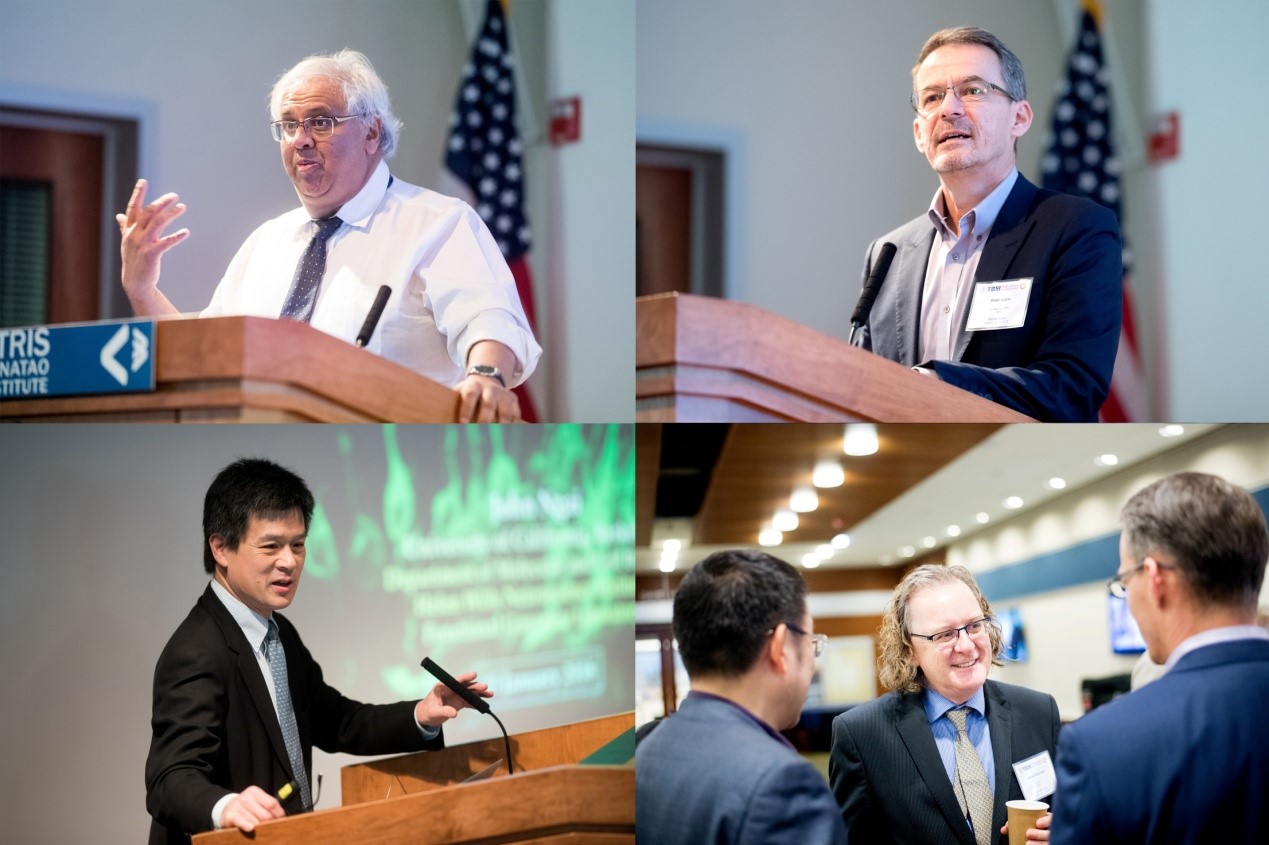
As the exchanges and cooperation between China and the United States in the field of cultural education and science and technology have been further enhanced, the cooperation in various forms of personnel training has also become an important aspect of the joint efforts of the two universities in recent years.
Established in 2014, TBSI is a central hub of global research and education at Shenzhen designed to promote global research collaboration and graduate student education.TBSI, with DNA from Tsinghua University and the University of California, Berkeley, will give full play to their respective advantages in the two top universities in China and the United States and integrate resources to enable students to receive quality teaching and valuable research in two campuses, Shenzhen and Berkeley respectively Participate in opportunities, so as to achieve a new model of personnel training and production and research cooperation model.
Caroline Winnett, Executive Director of SkyDeck, Miao Xiayu, VP of Technology at Playground Global, Dylan Ren, partner of Diligence Capital, Kishore Kamath, Vice President of Finisar Corp, Chuck Ng ,partner of WI Harper Group and other elite attended the summit.


